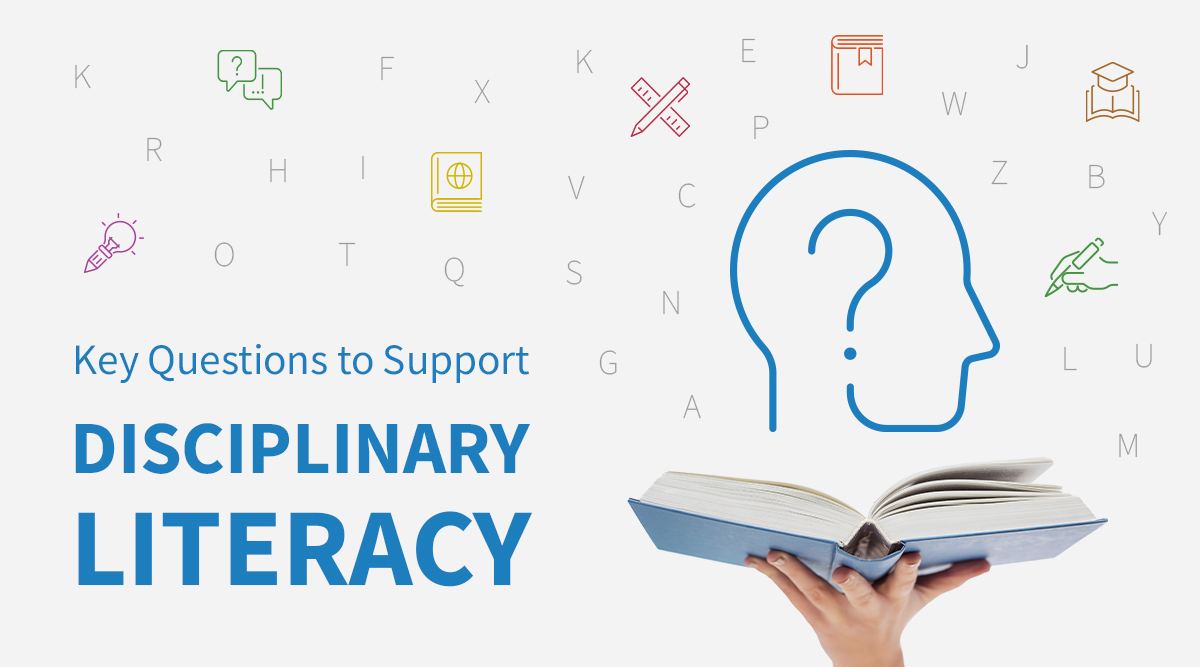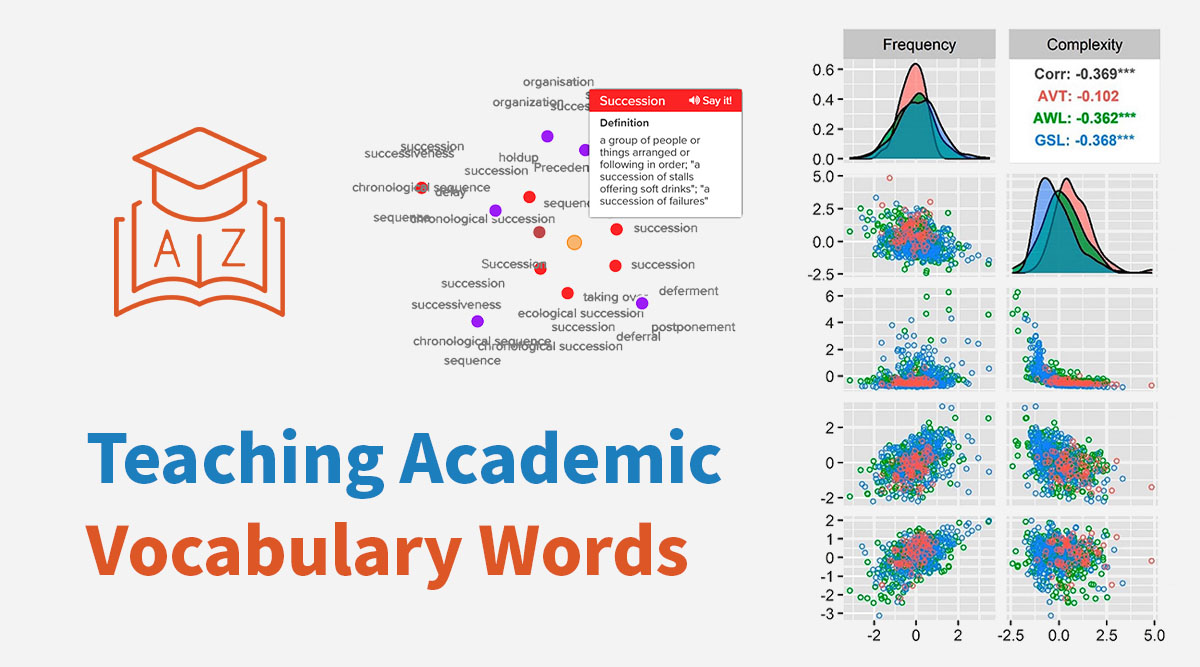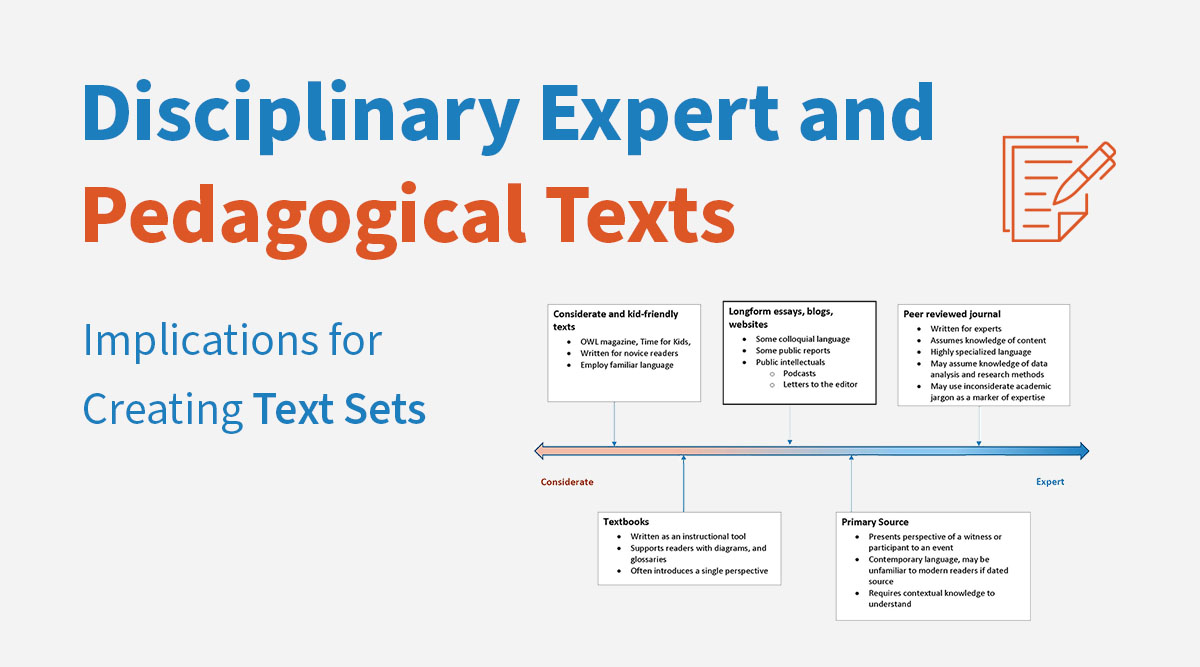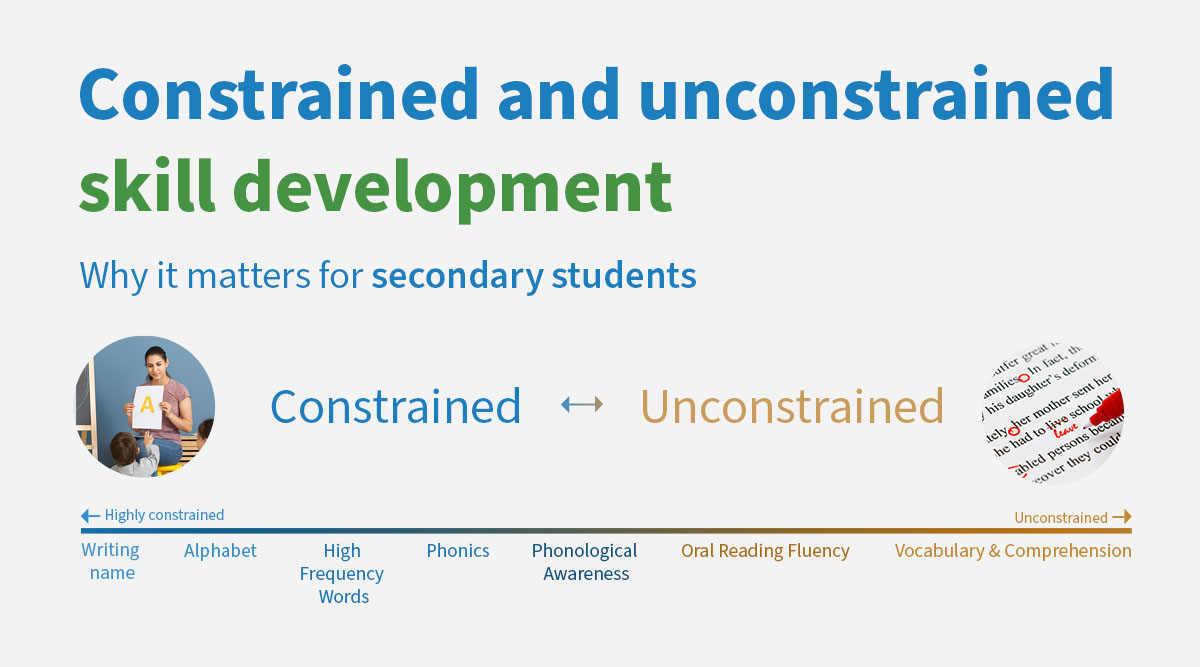From Research to Classroom Reality: Bridging the Gap for Teacher Autonomy and Collaborative Learning
Empowering teachers with decentralized, tech-supported literacy PD enhances teacher agency, collaboration, and adapts research to school needs.
Read More

















